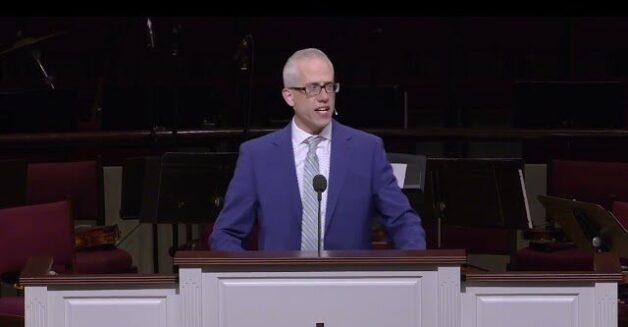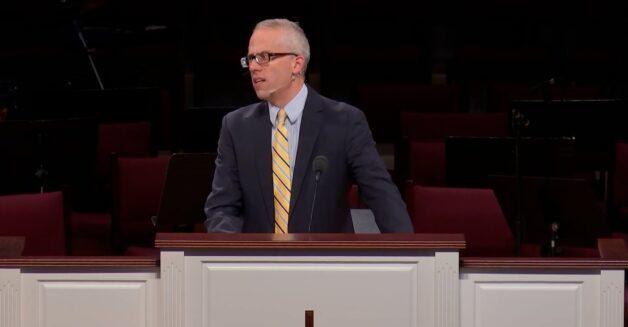
William Wilberforce was born in Hull, England into a well-to-do family on August 24, 1759. Like almost all Englishman of his day, he grew up with at least a veneer of Christianity. But Wilberforce was not a Christian. Early in life, while staying with his godly Uncle William and Aunt Hannah, he grew attracted to Methodism and its evangelical piety. But by the time he entered college, that attraction had faded and Wilberforce was, as he said later, “as thoughtless as the rest of them.” He was proud, pompous, sarcastic, and cynical like most young men from the upper class.
By 1785, Wilberforce, now having been in Parliament for several years, had a spiritual crisis. He felt immensely convicted of sin and ingratitude and mourned for his misspent life. He had wasted his privileges, his time, his talent, and his opportunities. He prayed to “that Saviour who died upon the Cross” to atone for his sins and to warm his dull heart. Wilberforce had been converted.
Almost the first person he confided in as a born again Christian was the slave trader captain turned Christian turned hymn writer, John Newton. Wilberforce had heard Newton preach years ago when he lived with his aunt and uncle. From 1785 on, Newton would be his spiritual mentor. On Good Friday, April 14, 1786, Wilberforce received communion for the first time. He was a changed man.
In 1787, Wilberforce, now an evangelical Christian, made his first public declaration of his willingness to take up the cause of abolishing the slave trade. Over the next decade, Wilberforce made countless speeches, served on committees, and introduced legislation tirelessly. For years his minor successes were met with greater setbacks. The cause of abolition was not going to succeed. In 1796, he wrote a letter to Newton explaining that he wanted to retire from public life. Newton, always the wise mentor, told Wilberforce to stay in Parliament:
Some of [God’s] people may be emphatically said not to live to themselves. May it not be said of you?…You meet with many things which weary and disgust you…but then they are inseparably connected with your path of duty; and though you cannot do all the good you wish for, some good is done…
So Wilberforce continued to labor in Parliament. Every year, from 1797-1803, he suffered setbacks. From 1797-99 his annual motion for abolition was defeated. Then his motions were postponed by the conflict with France. But all the while, even as Wilberforce suffered defeat after defeat, the tide was turning in Britain. By his relentless pursuit of Christian principles and his living out of Christian virtue, Wilberforce had made, as it was said later, goodness fashionable. Which was making the slave trade, and later slavery itself, unfashionable.
In 1807, Wilberforce once again made a motion to abolish the slave trade. Nearly everyone who spoke was in support of the motion and personally applauded Wilberforce. At four in the morning on February 24, the Commons voted to abolish the slave trade 283 to 16. They all stood and gave three hurrahs to Wilberforce while he sat in his seat with his head bowed and wept. It took twenty years and Wilberforce’s leading and Newton’s mentoring to abolish the slave trade in the British empire, and it would take more years to work for the emancipation of the slaves. John Quincy Adams, the sixth president of the United States remarked “Wilberforce is one of the party called in derision the Saints…who under sanctified visors pursue worldly objects with the ardor and perseverance of saints.”
In Revelation 13 John warns of a terrible beast who is allowed to make war on God’s people. Saints will be taken captive and destroyed. That’s the reality John outlines in verse 10. But the response to such antagonism is not to retreat but to entrench. “Here is a call for the endurance and the faith of the saints.” Some of us may be called to accomplish great things in the cause of Christ like Wilberforce. Others will be called to endure great trials and suffering and even persecution on account of Christ. All of us, in a world often unfriendly and unsympathetic to genuine Christian faith, are called to perseverance and faithfulness. There is no hope, no holiness, and no influence without it.



